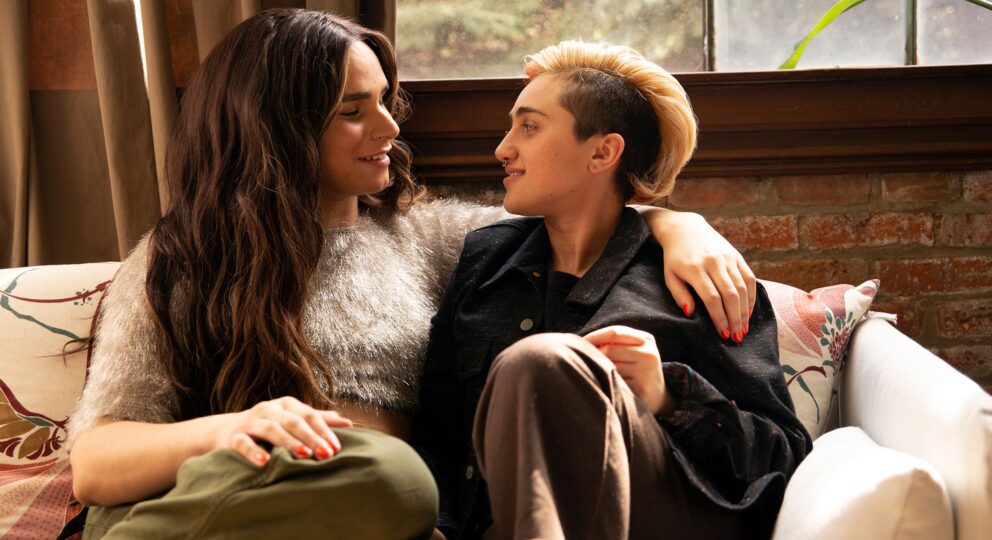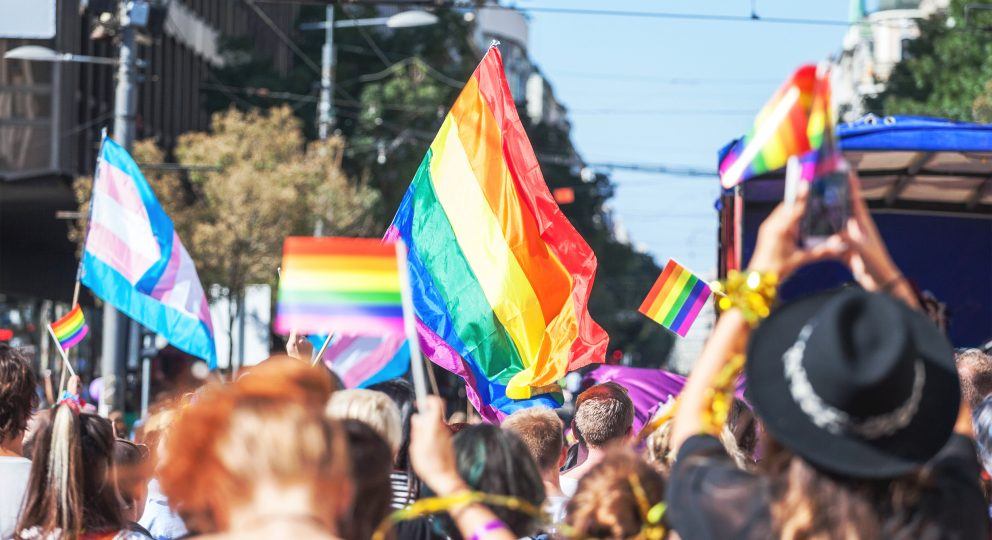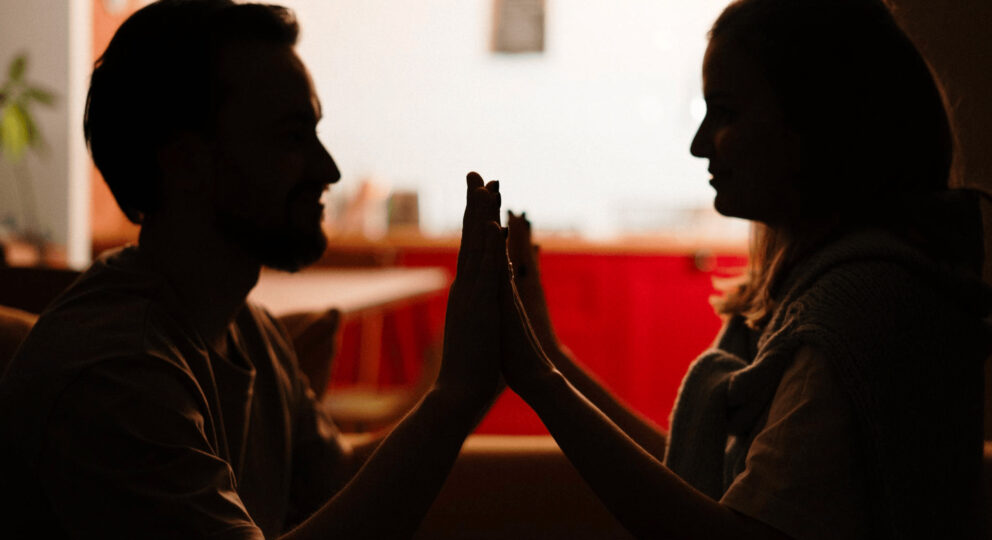In separate lines of research, Dr. John Gottman and Dr. Julie Schwartz Gottman have observed the strength and resilience of same-sex couples, even in the midst of the cultural and social stresses to which same-sex couples are uniquely vulnerable. Together, the Gottmans have made a commitment to assuring that lesbian and gay couples have resources to help strengthen and support their relationships.
Using state-of-the-art methods while studying 21 gay and 21 lesbian couples, Dr. John Gottman and Dr. Robert Levenson (University of California at Berkeley) were able to learn what makes same-sex relationships succeed or fail in The 12 Year Study.
One key result: Overall, relationship satisfaction and quality are about the same across all couple types (straight, gay, lesbian) that Dr. Gottman has studied. This result supports prior research by Lawrence Kurdek and Pepper Schwartz: They find that gay and lesbian relationships are comparable to straight relationships in many ways.
According to Dr. Gottman, “gay and lesbian couples, like straight couples, deal with every day ups-and-downs of close relationships. We know that these ups-and-downs may occur in a social context of isolation from family, workplace prejudice, and other social barriers that are unique to gay and lesbian couples.” The research uncovered differences, however, that suggest that workshops tailored to gay and lesbian couples can have a strong impact on relationships.
Gay/lesbian couples are more upbeat in the face of conflict. Compared to straight couples, gay and lesbian couples use more affection and humor when they bring up a disagreement, and partners are more positive in how they receive it. Gay and lesbian couples are also more likely to remain positive after a disagreement. “When it comes to emotions, we think these couples may operate with very different principles than straight couples. Straight couples may have a lot to learn from gay and lesbian relationships,” explains Dr. Gottman.
Gay/lesbian couples use fewer controlling, hostile emotional tactics. Gottman and Levenson also discovered that gay and lesbian partners display less belligerence, domineering and fear with each other than straight couples do. “The difference on these ‘control’ related emotions suggests that fairness and power-sharing between the partners is more important and more common in gay and lesbian relationships than in straight ones,” Gottman explained.
In a fight, gay and lesbian couples take it less personally. In straight couples, it is easier to hurt a partner with a negative comment than to make one’s partner feel good with a positive comment. This appears to be reversed in gay and lesbian couples. Gay and lesbian partners’ positive comments have more impact on feeling good, while their negative comments are less likely to produce hurt feelings. “This trend suggests that gay and lesbian partners have a tendency to accept some degree of negativity without taking it personally,” observes Gottman.
Unhappy gay and lesbian couples tend to show low levels of “physiological arousal.” This is just the reverse for straight couples. For straights, physiological arousal signifies ongoing aggravation. The ongoing aroused state—including elevated heart rate, sweaty palms, and jitteriness—means partners have trouble calming down in the face of conflict. For gay and lesbian couples this lower level of arousal shows that they are able to soothe one another.
In a fight, lesbians show more anger, humor, excitement and interest than conflicting gay men. This suggests that lesbians are more emotionally expressive—positively and negatively—than gay men. This result may be the effect of having two women in a relationship. Both have been raised in a society where expressiveness is more acceptable for women than for men, and it shows up in their relationships.
Gay men need to be especially careful to avoid negativity in conflict. When it comes to repair, gay couples differ from straight and lesbian couples. If the initiator of conflict in a gay relationship becomes too negative, his partner is not able to repair as effectively as lesbian or straight partners. “This suggests that gay men may need extra help to offset the impact of negative emotions that inevitably come along when couples fight,” explains Gottman.
How did Drs. Gottman and Levenson study same-sex couples? Gottman and Levenson recorded gay and lesbian couples interacting and coded partners’ expressions to learn more about their emotions. They also used more common self-reporting and interview methods, in detail and over time. The combination of these measures provided a thorough assessment.
See the Chicago Tribune’s article here for a description of recent happenings at Seattle City Hall.










